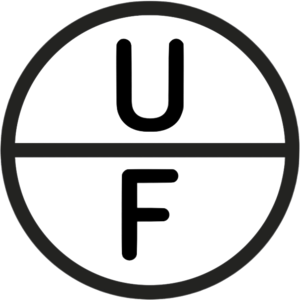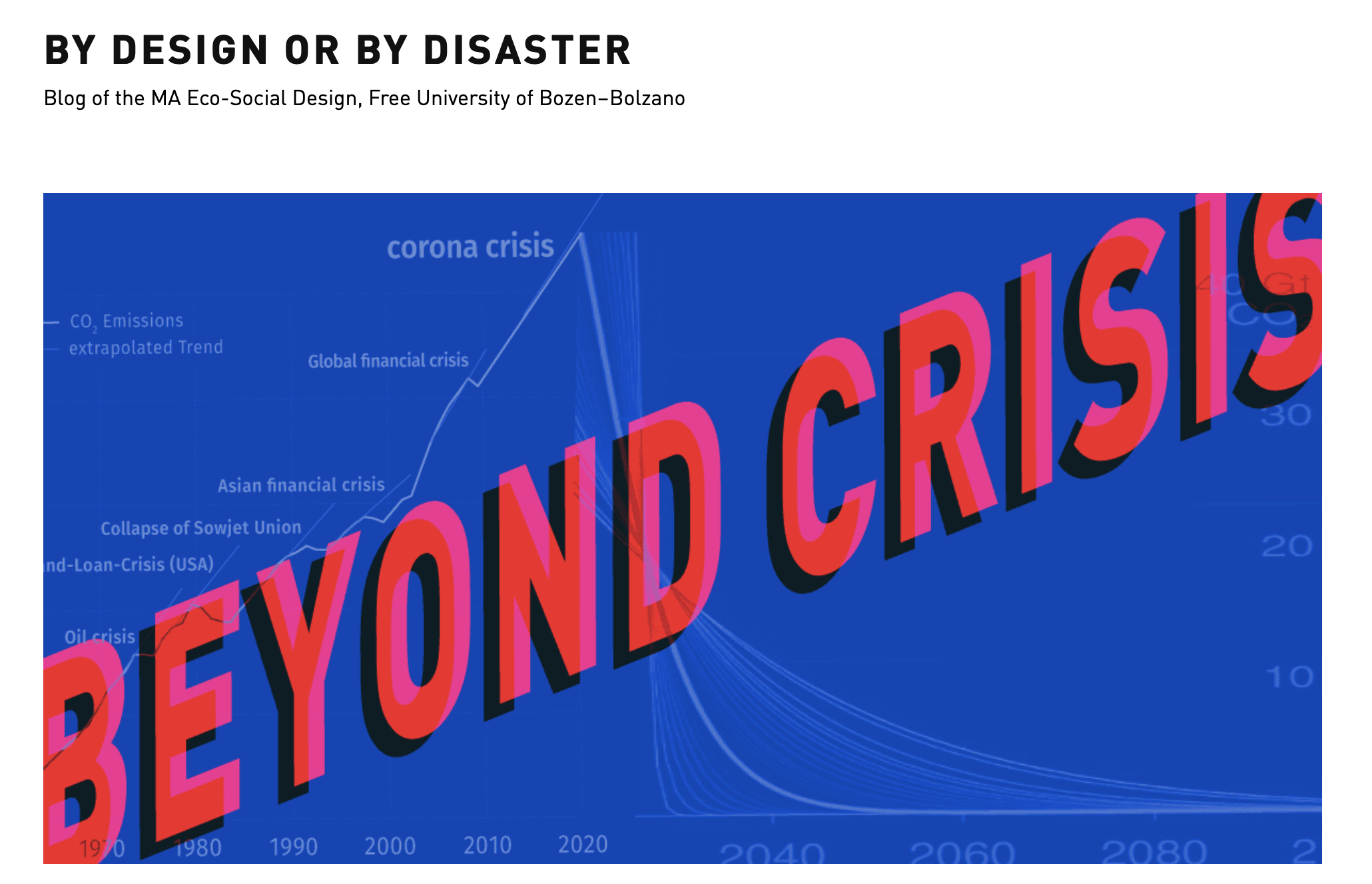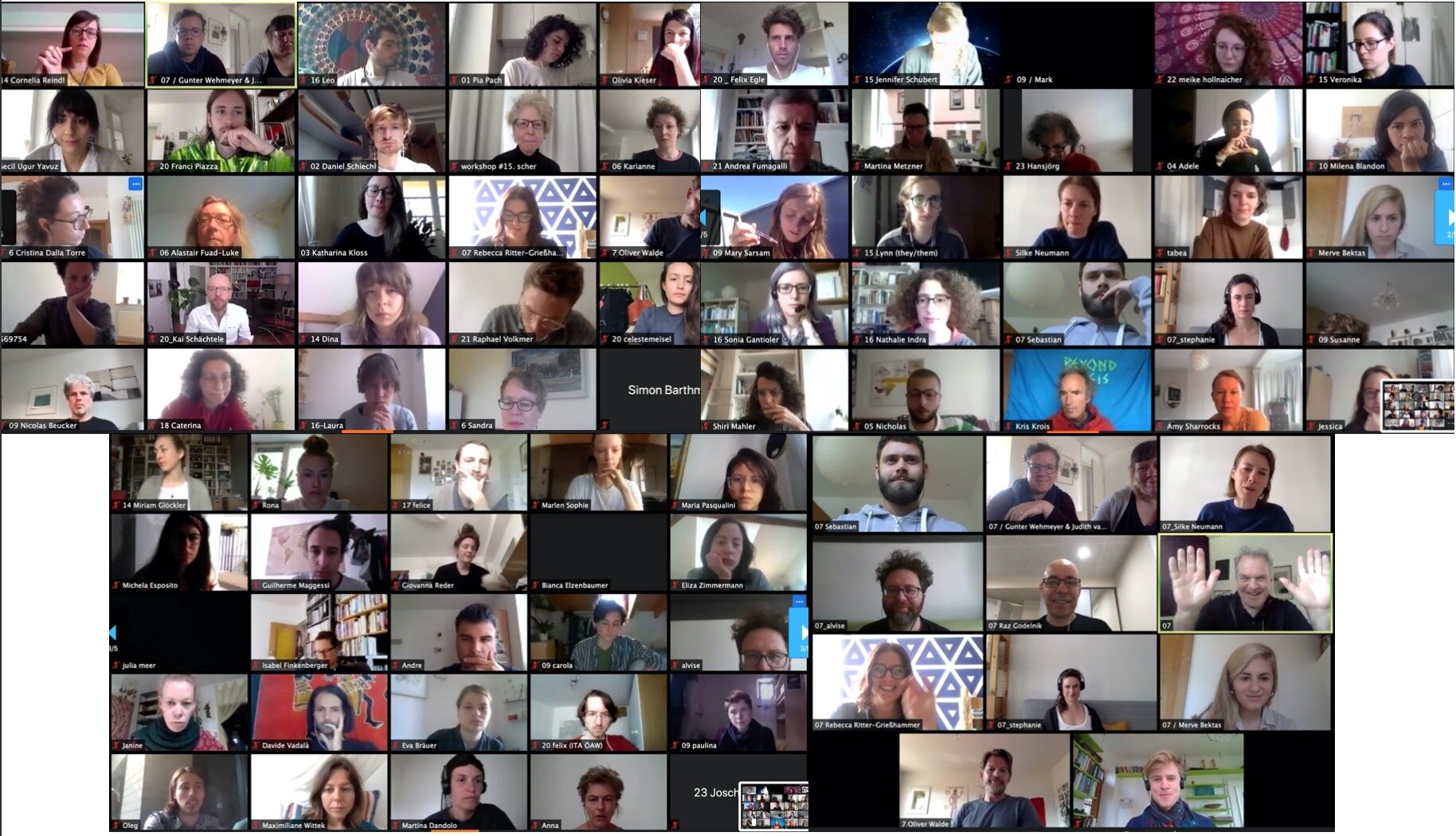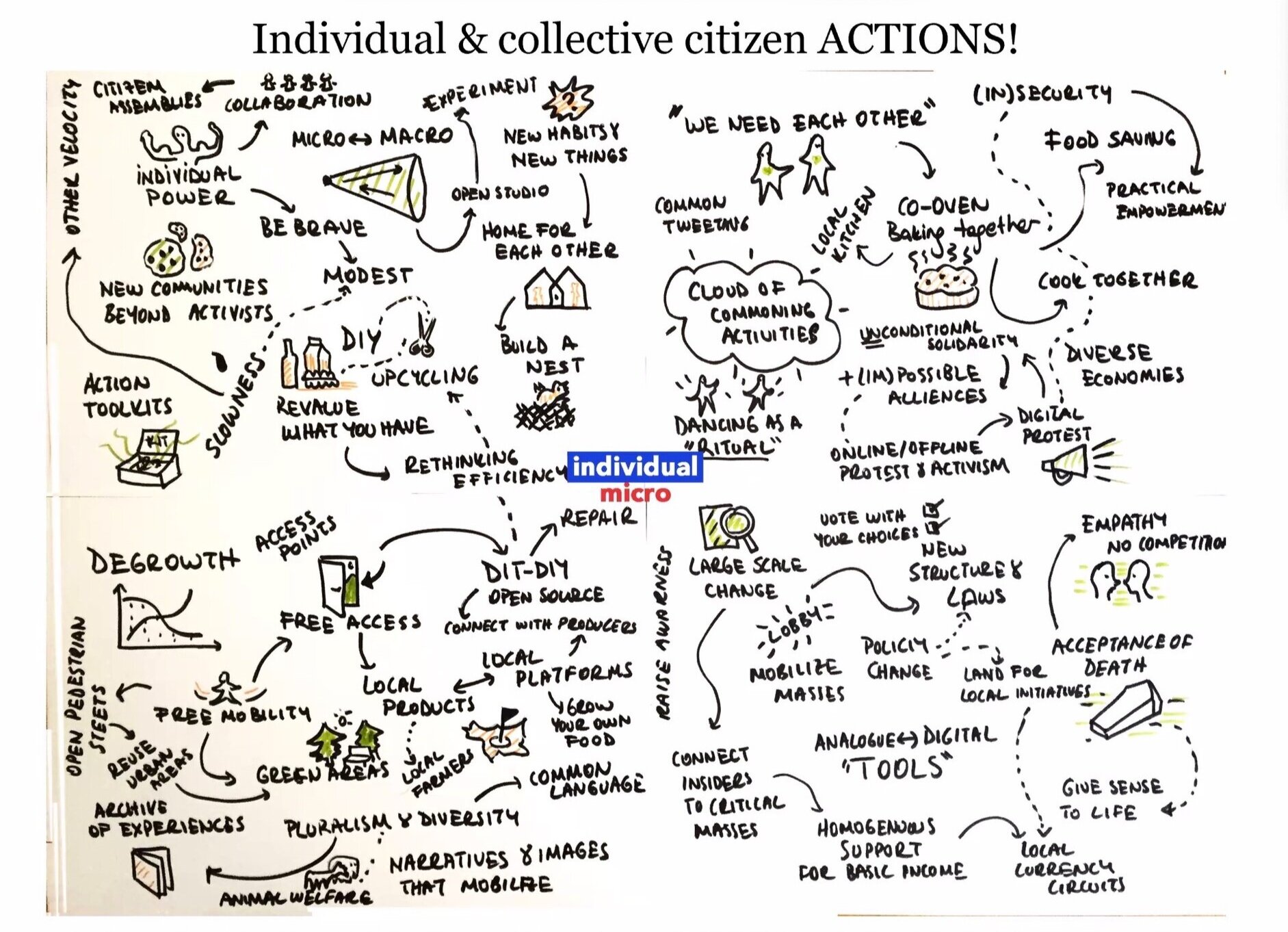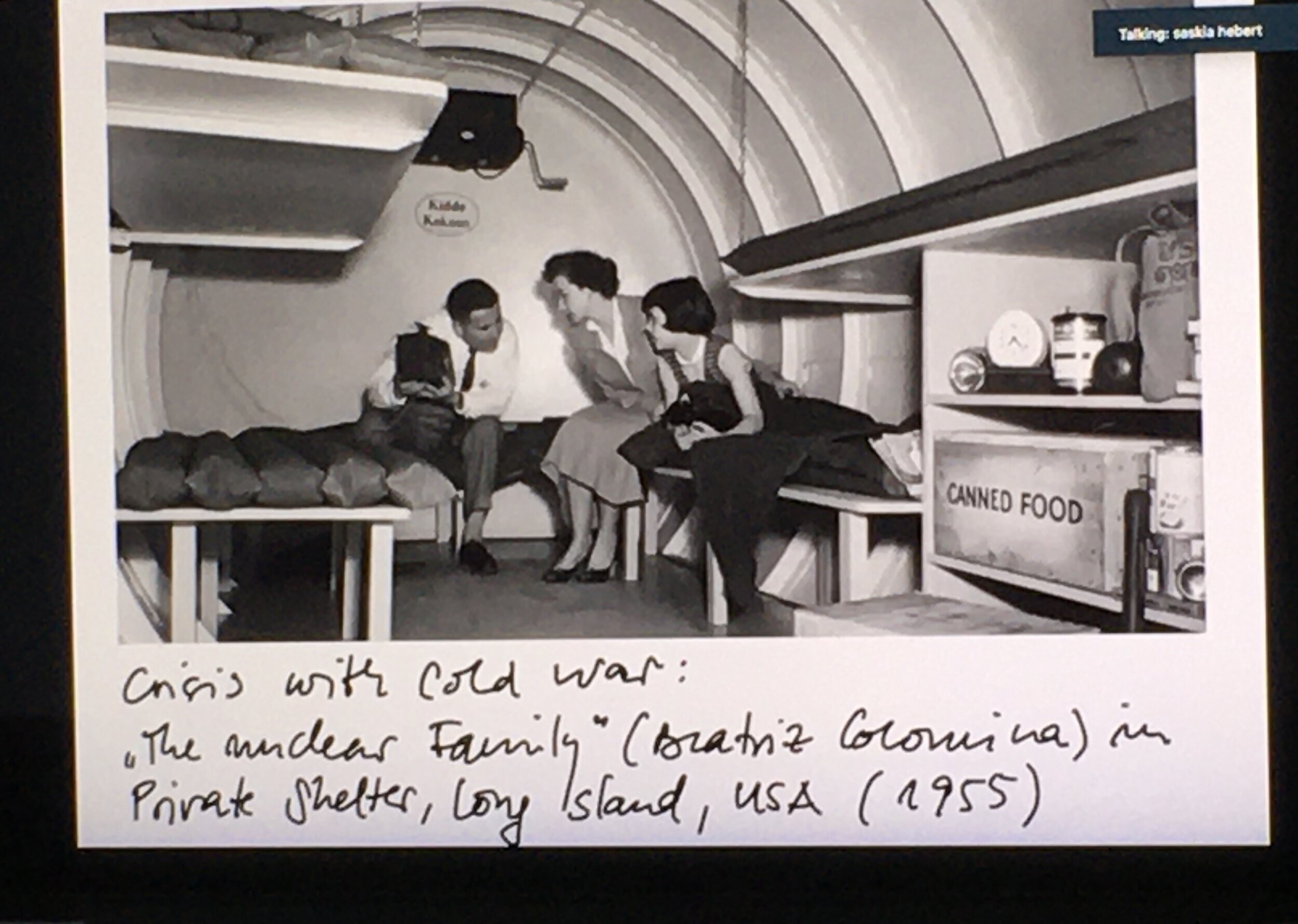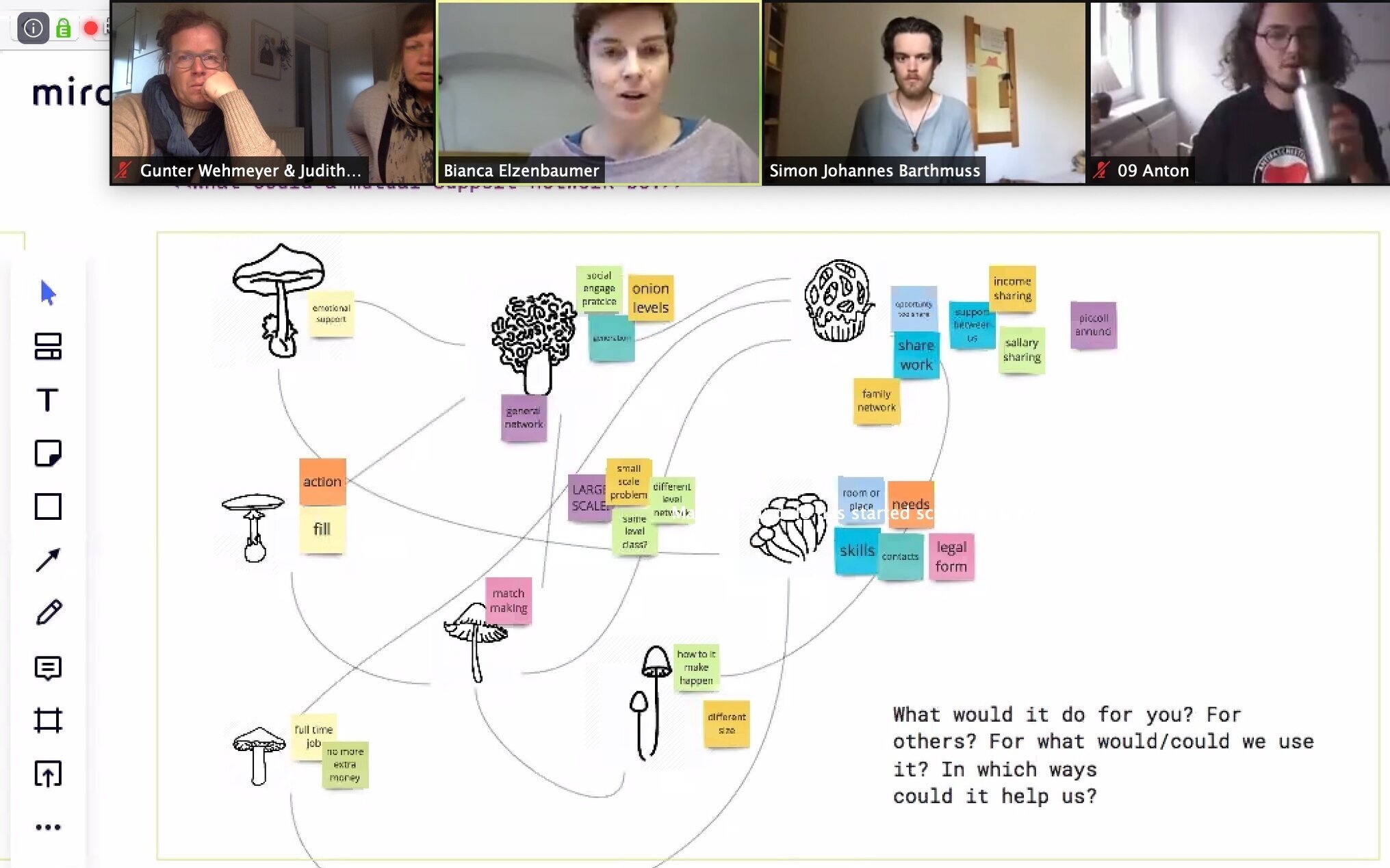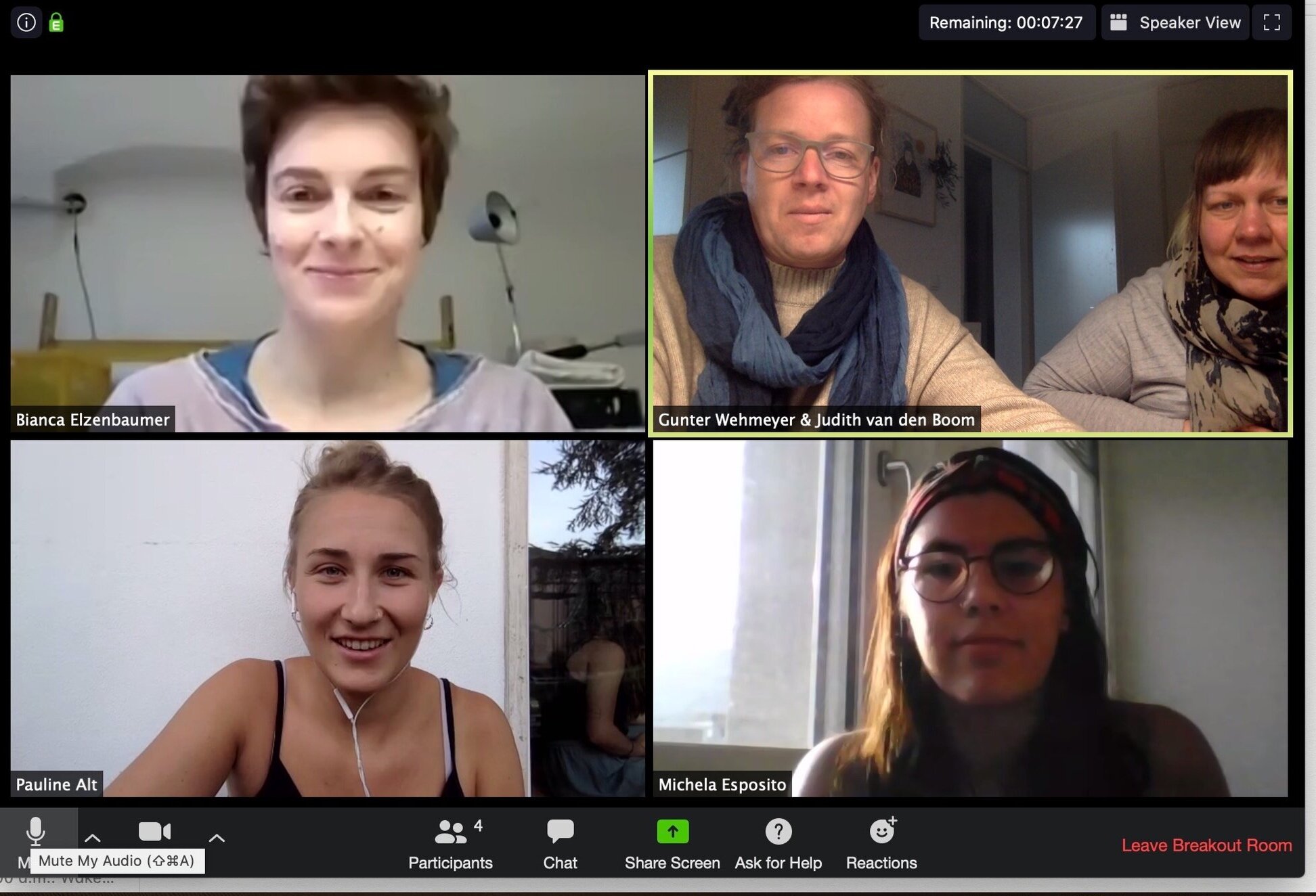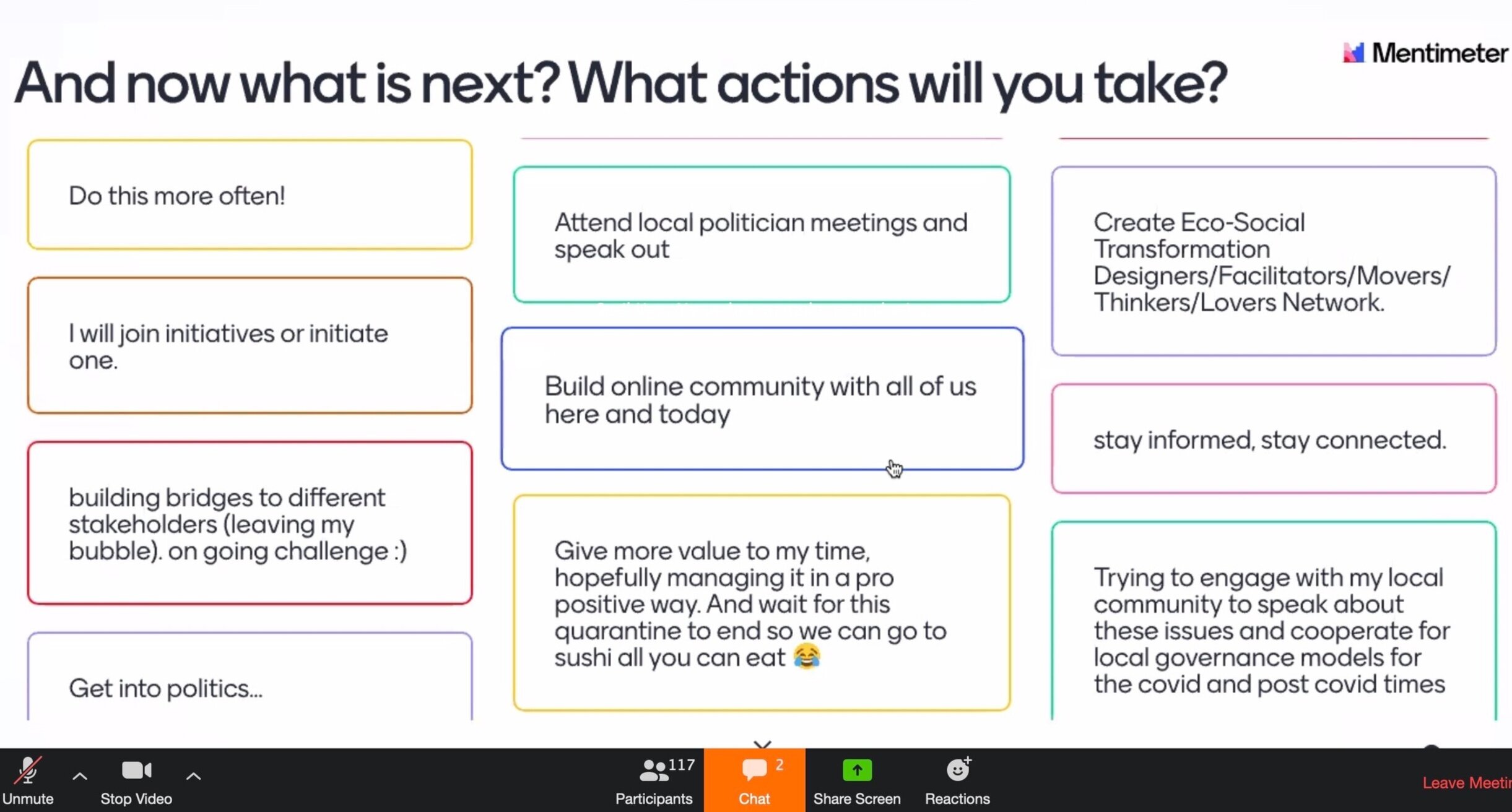conference By Design or by Disaster
_A Transition towards Trust
On 17-18 April the online conference ‘By Design or by Disaster - Beyond the Crisis’ took place, hosted by the MA Eco-Social Design, Free University of Bozen–Bolzano in Italy. Bringing together co-initators, supporters and 150 enthusiastic design and research students, practitioners all eager to make a change towards eco-social transformations after COVID19.
The main question and focus for the online conference was “How to use the virus-induced situation to build up momentum for social-ecological transformation?”. The friday evening consisted out of 9 - 9 minutes inputs on a variety of related topics such a; Surveillance (Julia Scher), the European dream (Sina Kamala Kaufmann), A just transition in the transport sector (Magdalena Heuwieser), The Climate Crisis is COVID-19 in slow motion (Marc Zebisch), The role of transformation designers (Roz Godelnik, Peter Friedrich Stephan), Housing the crisis (Saskia Hebert), The ‘Corona Crisis’ as a Take-Off Point for Transformations towards a Solidary Mode of Living (Anton Brokow-Loga) and Practising the future together – getting going here and now (Bianca Elzenbaumer). The evening finished by a discussion with randomly picked participants in so called online breakout rooms bringing a conversation forward on a wide input. The next day all participants communed, ideated, strategized, envisioned and prototyped within 24 diverse workshops running parallel on specific thematic threads like; Learning from the crisis, Strategic Thinking & Positioning and Agendas for action – Things to fight for and against (https://designdisaster.unibz.it/conference-beyond-corona-and-capitalism-17-18-april-2020/).
Throughout these two days a few points became important for us to think deeper about meaningful effects for design, design research and practice.
We live in a crisis of trust. Many people feel the pressure of a divided society, one focussed on worry instead of the need for imaginative and cultural coalitions. In our homes, our streets and communities, as also on large scale we see how the confidence to trust or honesty is disappearing. Something that was already building up silently in the last years, showcasing a democracy under pressure. Now, with a treat and crisis being tangible, yet cannot be seen, beliefs and confidence in the economic, political and social structures are failing. For many, the belief in a system of care has weakened. What means safety and health, who is protected, will there be food, do we still jobs and home by tomorrow? In the setting of a pandemic the certainty of life as we know it changes per hour, foremost affecting those with financial, social of physical needs.
The pandemic made clear that distrust is in the midst of communities, within families and neighbourhoods. Safety and certainty are the main concern and it is for grabs. Who can be relied, or who speaks truthfully? This is a painful point in an era where from design we intend to serve and bring perspective. What form of design is needed to stimulate actions that speak of trust? How can designers becoming citizens and become present, testing, exploring and living life as community?
Julia Scher (Artist and activist on surveillance) spoke deeper on the context of surveillance from a moral and humanitarian visibility, calling this a time of Surveillancification: How do we preserve privacy? The idea of exposure is for grab, impacting humanity mentally, socially, physically as also virtually. To idea to ask to view is changing, the notion of being seen online/offline is changing. The right to be forgotten or forgiven is changing. How do people encounter and define exposure, in order to identify a healthy way of seeing and interaction. What is the ecology of visibility that stimulates confindence in our citizenship as also our systems?
A new form of becoming community. The notion of trust requires a new form of collectivity, re-establishing of community and a culture of togetherness. What imaginative acts can we develop that encourage trust, helping people to live within the ambiguity and fragility of being in process finding a balance? To establish trust in a system of malfunctions, we need to build courage to act, to give, to listen. As designers we might aim for transformation, but it feels in vain when not taking time to build up trust becoming the transformation. We can create tight knit groups of who think alike and created trusted networks, yet how can we open these circles inviting in and stepping outside? Stimulating growth and finding confidence of learning about differences and uncommon ground as a strength, becoming humanity by learning together.
From the field of design, we might want to start reviewing the conditions on how we stimulate these relationships. The pace of life is speeding up, yet this acceleration does not seem to have made us more content. Now within the stop of Covid19, acceleration became tangible and obstructive, as also the human resilience to find connection. The quality of life cannot be simply measured, but asks us to look deeper, developing a care for the world around us. By practicing trust we can grow an infrastructure of care, and develop methods that encourage resonance - flourishing as community and as a person, from the inside out.
Alastair Fuad Luke (Professor for Design Research at UniBZ) concluded and challenged everyone at the end of the conference to develop new Languages, Bodying and Imaginaries: Can we open our bubbles and radically collaborate in a broader aspect. How might we create opportunities and caring for the infrastructures we create together? Are we able to encourage interdependence, and allow trust to become a practice and narrative to build new ways of seeing?
Next steps. Seeing that this two day online conference was initiated by an extremely engaged and enthusiastic team without any financial funding, we once more became aware of the emergent power of community. Through a passion/purpose driven attitude and practice creative culture can build eco-social change on various scales in our communities, landscapes and infrastructures.
We are grateful for having met likeminded people who are driven, curious and aim to keep a momentum going in making actions happen in times of social and physical distancing. This is about change from within, starting from a belief in that we can do things differently. The realtime conference By Design or by Disaster ‘Cross-Cutting Strategies’ takes place in Bolzano between 1-4 October 2020 (https://designdisaster.unibz.it/2020/focus/)
by Tess Wehmeyer & Judith van den Boom
